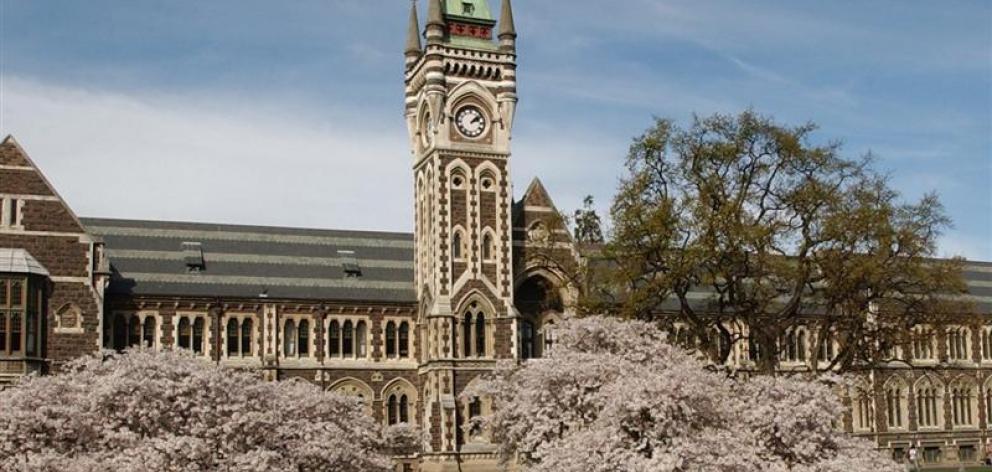
Projects already under way will continue but many other projects will be re-evaluated, vice-chancellor Harlene Hayne has told staff.
The university had budgeted for a $6.4million surplus from its core operations this year but is now looking at a $5.7million loss — the $12.1million turnaround is caused by an estimated $27.9million drop in income or additional costs, partly offset by $15.8million in savings.
For 2021, the university is "tentatively forecasting a deficit somewhere either side of $10million".
"The ambitious future capital programme we were planning for the coming decade prior to Covid-19 is no longer affordable," Prof Hayne said.
"This does not mean we will stop investing in facilities, including some quite major ones we need for reasons of health and safety, productivity, and to capitalise on some of the domestic enrolment growth opportunities that will emerge."
Advancement of the programme would have to slow, however, unless the Government stepped in to push ahead with "shovel-ready projects".
The university submitted five such projects for consideration by an infrastructure reference group and all made it through the first round. The Government is expected to announce next month which projects, of hundreds nationally, will be favoured.
Prof Hayne confirmed the university would seek funding support for some projects from sources other than its own cash and borrowing.
A $5.7million deficit would, however, be a substantial improvement on a previous projection — a loss of $13.5million.
The larger loss figure was put in front of a university council meeting this month but the estimate was calculated before New Zealand made a quicker-than-expected move to the more relaxed Covid-19 Alert Level 1 restrictions.
Key factors behind the income drop include an $8million decline in international student tuition income and a $7million reduction in college and Uniflat fees — because many international students were not there and some domestic students went home during lockdown.
Commercial and consulting income was down by $8million, mainly due to cancellation of university-hosted conferences, reduced income from food outlets closed during the lockdown and reduced patient fees from dental and physiotherapy clinics.
The university also made a $1.5million commitment to the Putea Tautoko student support fund, and staff annual leave balances have built up.
The university expected to save slightly more than $10million from reduced travel costs and $4million from food outlet, goods and catering savings. The University of Otago Foundation Trust, which often supplements operating surpluses, is expected to make a loss this year.
Prof Hayne said enrolments of international students would likely be down in 2021.
"Even a strong year for domestic enrolments is unlikely to fully compensate for this loss in dollar terms.
"The good news is that we should be in a good position for financial recovery from 2022."
Advertisement

